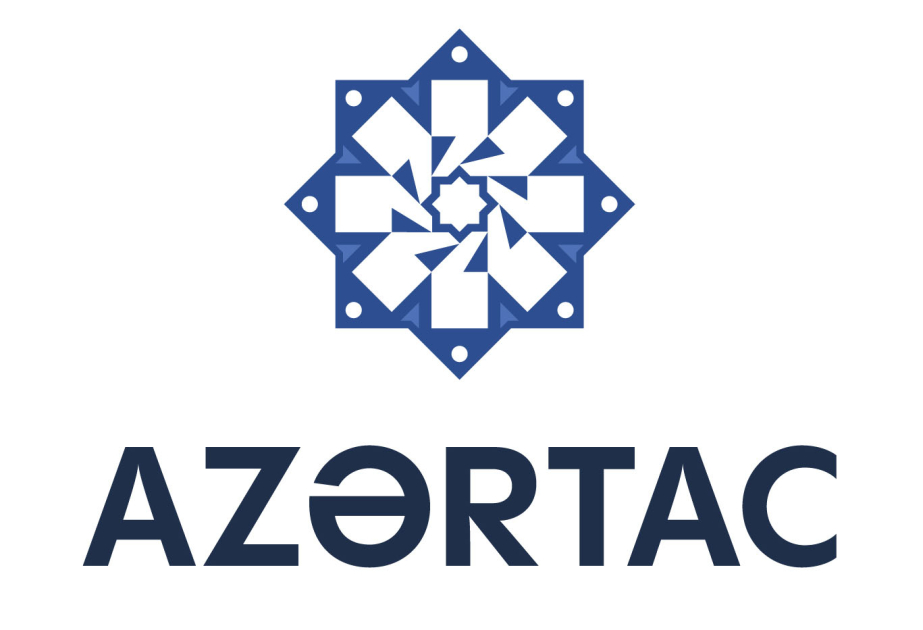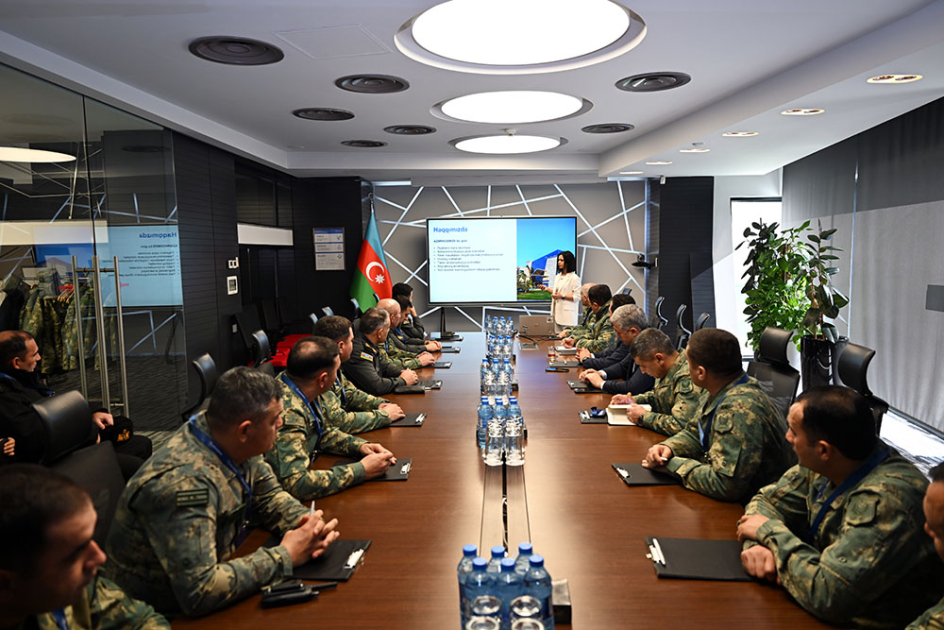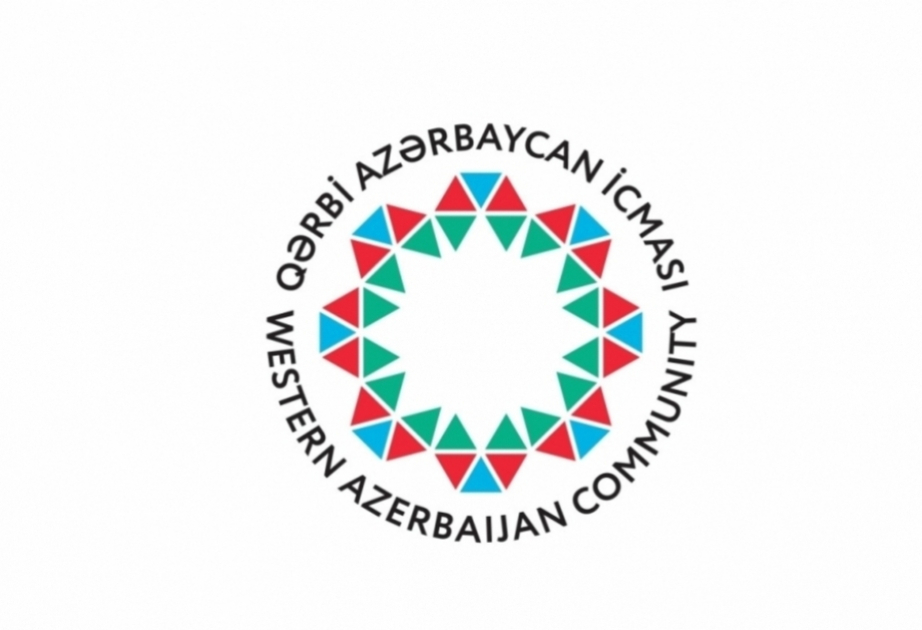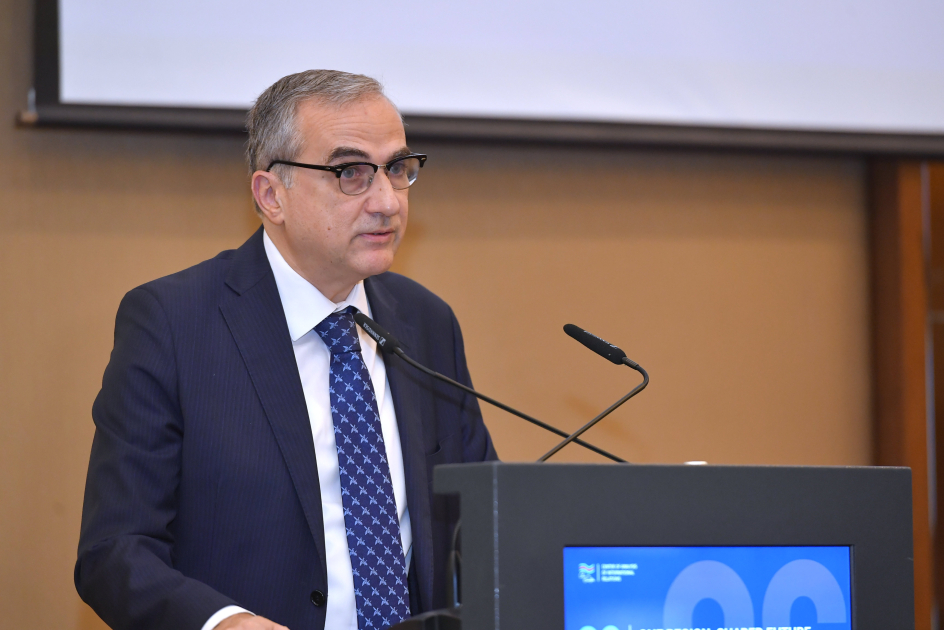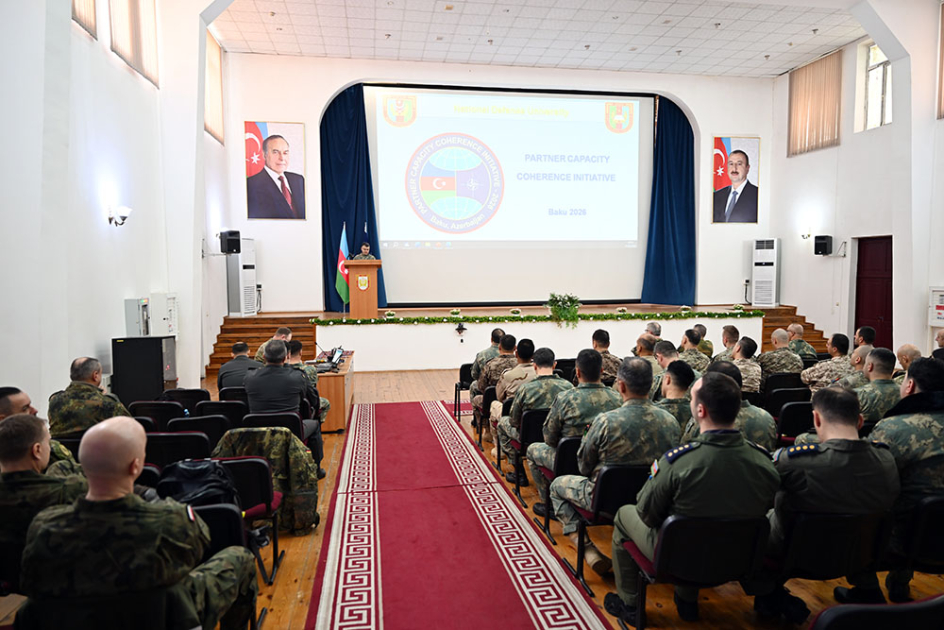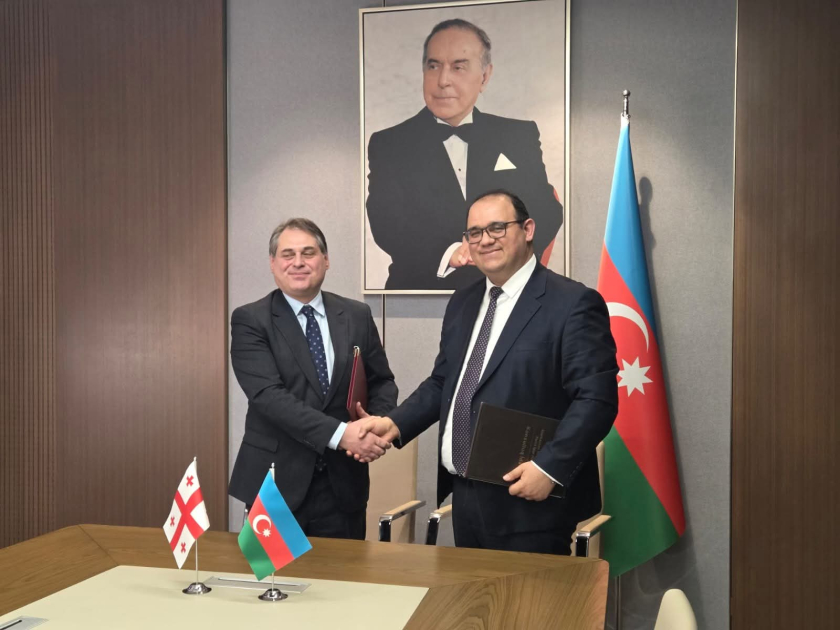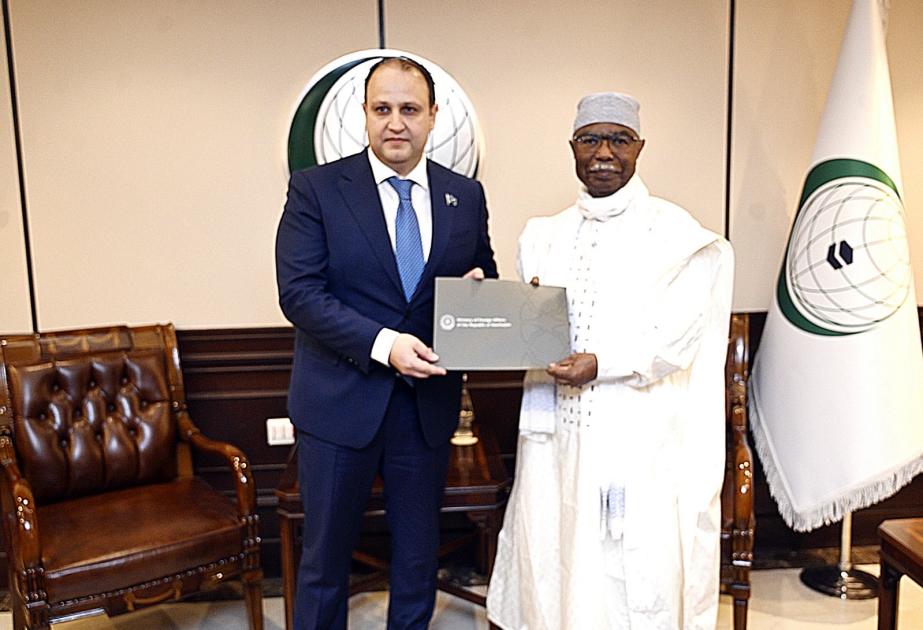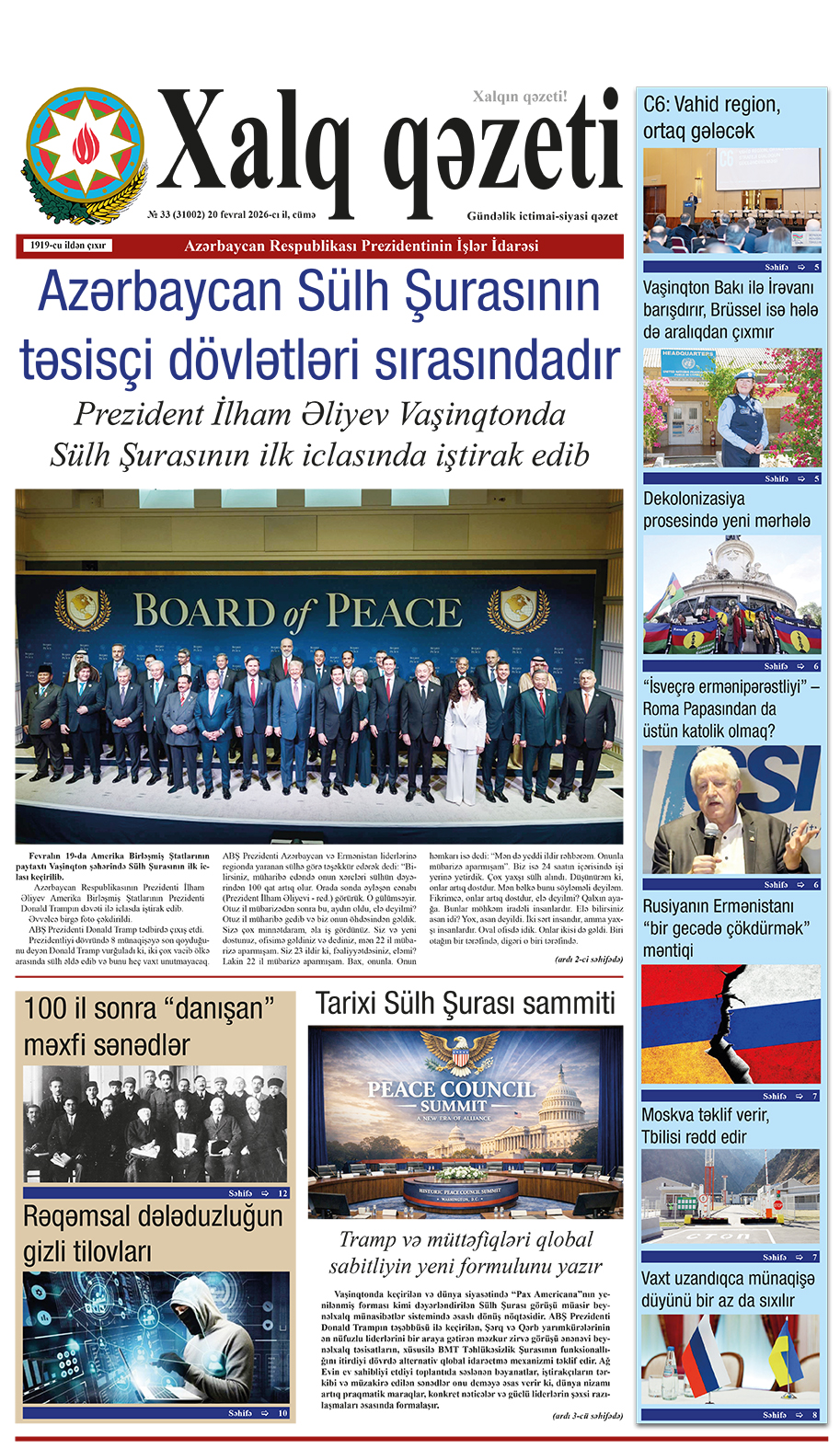On July 31, the News Agency of the Russian Federation TASS circulated a news report headlined “Bust of Aivazovsky Demolished in Stepanakert” (https://tass.ru/obschestvo/24675415).
As is clear from the headline itself, the management of the agency — with which AZERTAC has consistently maintained and valued good, partner, and even friendly ties for many decades — has suddenly changed course and reverted to using the place name “Stepanakert,” which had long been consigned to the dustbin of history. Until recently, the agency had been using the official and historical name of the city in its reports — Khankendi (for example: https://tass.ru/mezhdunarodnaya-panorama/24558165 on July 19; https://tass.ru/politika/24602463 on July 24; etc.).
This attempt to revive an old name alien to the Azerbaijani people within the walls of TASS has caused bewilderment and raised a legitimate question: what has suddenly changed over the past week for the Russian state news agency to “resurrect” a place name from the Soviet era?
Khankendi is the historical name of a settlement that emerged at the end of the 18th century. Translated from Azerbaijani, it means “Khan's village.” In Khankendi, there was the estate of Ibrahim Khalil Khan, where the ruler's herd of Karabakh horses was kept.
Following the establishment of the Nagorno-Karabakh Autonomous Region by the Bolshevik leadership on July 7, 1923 — an act that planted the seeds of injustice and imbalance in Armenian-Azerbaijani administrative-territorial demarcation — the administrative center of the autonomy, Khankendi, was renamed “Stepanakert” on August 10 of the same year. This was done in honor of — as Soviet historiography claimed — “the leader of the Baku Commune,” but in reality, the man was a bloody executioner of the Azerbaijani people: Stepan Shaumyan.
On November 26, 1991, by decision of the Supreme Council of the Republic of Azerbaijan, the city was returned its historical name. On October 15, 2023, President of Azerbaijan Ilham Aliyev raised the national flag of the Republic of Azerbaijan on the city's main square. During the presidential election on February 7, 2024, the President cast his vote in this city, describing the ballot he dropped into the box as “the last nail in the coffin of Armenian separatists.”
The headline and content of today's TASS report have caused bewilderment — even indignation — within Azerbaijani society. The leadership's deviation from its previous course undermines the traditionally friendly relations between our agencies and editorial teams and sends a troubling signal to the entire Russian media space.
Guided solely by goodwill and the desire to preserve the long-standing ties between our two agencies, AZERTAC calls on its colleagues at TASS to refrain from repeating such actions in the future and to dedicate all efforts to strengthening relations rather than deepening potential disagreements.
For its part, AZERTAC is authorized to state that it remains committed to maintaining good relations with TASS, while expecting its Russian colleagues to correct the mistake. If the Azerbaijani side does not see reciprocity and understanding, we will, with great regret, be forced to recall and begin using the historical names of the cities of Kaliningrad (Königsberg), Orenburg (Orynbor), Volgograd (Sarysu), Grozny (Solzha-Gala), Novorossiysk (Sudzhuk-Kale), Yuzhno-Sakhalinsk (Toyohara), Yuzhno-Kurilsk (Furukamappu), Petrozavodsk (Petroskoi), Izhevsk (Izhkar), the Volga River (Itil), and several others.


